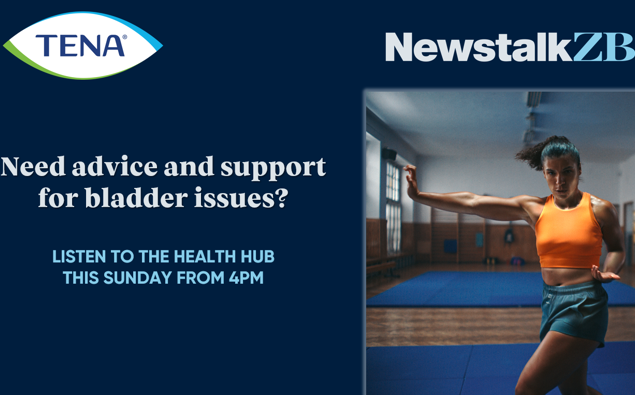Don't Suffer in Silence: Understanding Bladder Health & Continence This World Continence Week (SG)

World Continence Week is here, and it's a crucial reminder to prioritise our often-overlooked bladder health. Let's be honest – talking about bladder issues can feel embarrassing, but it doesn't have to be. For women and men of all ages, bladder problems can significantly impact quality of life, and it's time we break the stigma and have open conversations.
The Facts: Bladder Leaks Are More Common Than You Think
Did you know that a staggering one in three women over 35 experience bladder leaks? This isn’t just a 'normal' part of ageing; it’s a treatable condition. Men are also affected, though often less frequently discussed. Factors like childbirth, menopause, obesity, prostate issues, and even certain medications can contribute to bladder dysfunction.
Beyond Bladder Leaks: A Range of Bladder Health Concerns
Bladder health isn't just about occasional leaks. It encompasses a wide range of conditions, including:
- Urinary Incontinence: The involuntary loss of urine.
- Urinary Frequency: Needing to urinate very often.
- Urinary Urgency: A sudden, strong urge to urinate that's difficult to control.
- Overactive Bladder (OAB): A condition characterized by urgency, frequency, and sometimes incontinence.
- Pelvic Floor Dysfunction: Weakness or dysfunction of the muscles that support the bladder and bowel.
Why Talking About It Matters (and What You Can Do)
The biggest barrier to seeking help is often embarrassment or the belief that these issues are just 'part of life'. But ignoring bladder problems won't make them go away. Here's what you can do:
- Consult a Doctor: The first step is to talk to your doctor. They can diagnose the underlying cause of your symptoms and recommend appropriate treatment options.
- Pelvic Floor Exercises (Kegels): Strengthening your pelvic floor muscles can significantly improve bladder control. There are many resources online and in your community that can teach you how to do these exercises correctly.
- Lifestyle Modifications: Simple changes like limiting caffeine and alcohol intake, maintaining a healthy weight, and avoiding smoking can make a difference.
- Bladder Training: This involves gradually increasing the time between bathroom visits to help retrain your bladder.
- Medical Treatments: Depending on the diagnosis, your doctor may recommend medications, devices, or even surgery.
This World Continence Week, Let's Pledge to Prioritise Bladder Health
Don't let bladder problems control your life. Take charge of your health, seek help when you need it, and join the conversation. Your well-being is worth it! Resources are available at [Insert Relevant Singaporean Healthcare Website Link Here - e.g., SingHealth, Ministry of Health].
Disclaimer: This article is for informational purposes only and does not constitute medical advice. Always consult with a qualified healthcare professional for any health concerns or before making any decisions related to your health or treatment.






